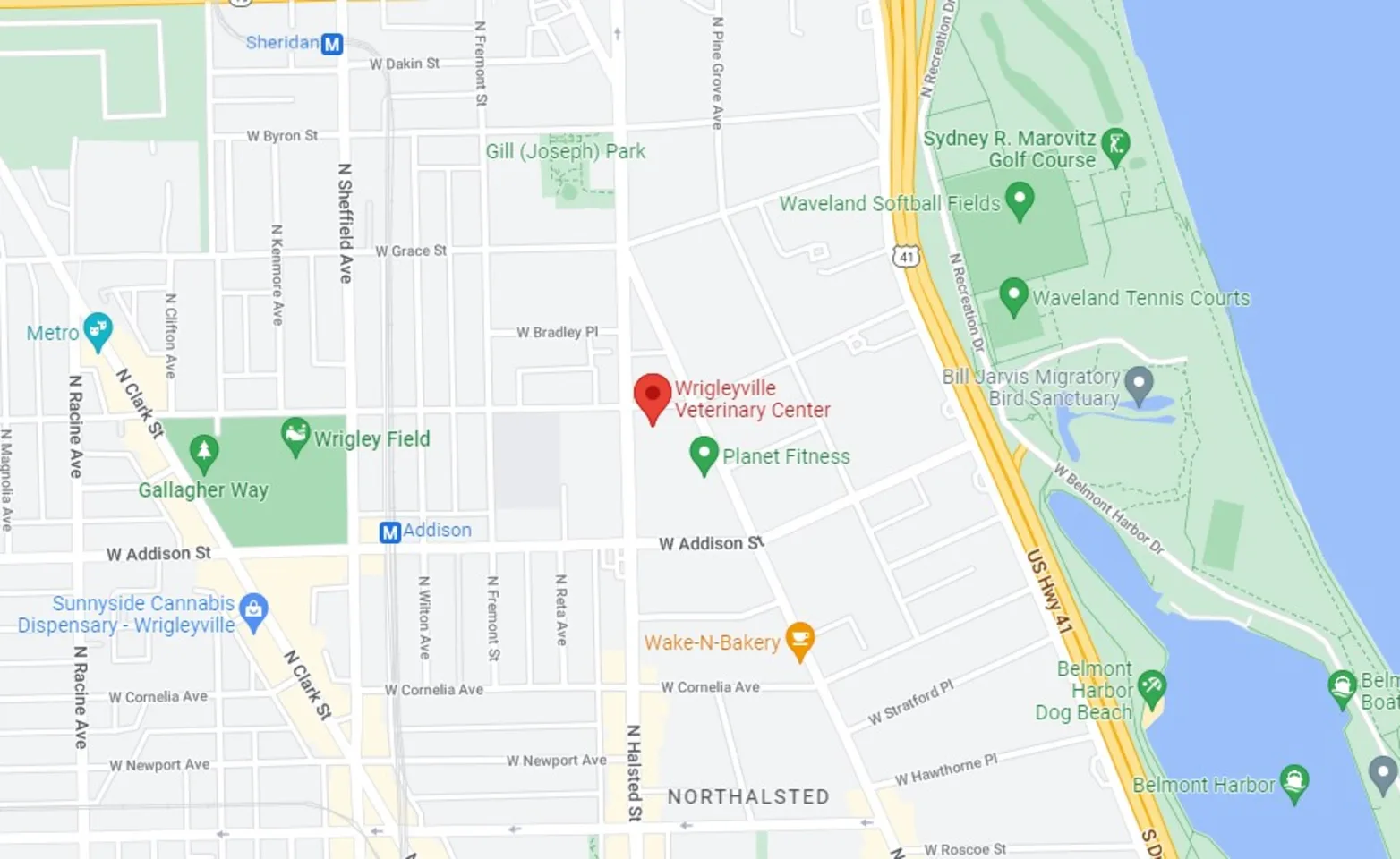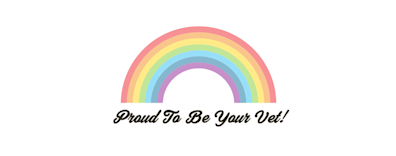Wrigleyville Veterinary Center


FEMALES
No unwanted pregnancies or heat cycles
Less risk of developing ovarian and mammary cancers
No risk of developing pyometra (an infected uterus)
Less instinct to roam in search of a mate
MALES
Less likely to be aggressive, especially if there are females in heat nearby
Less instinct to roam in search of a mate
No risk of developing testicular cancer
Less risk of developing an enlarged prostate
Less likely to spray or mark in or around the house
TIPS TO EASE YOUR PETS POST-SURGICAL RECOVERY
Restrict activity for 14 days. That means no running, jumping, climbing, or roughhousing.
Outfit your pet with an e-collar, cloud collar, or snug-fitting garment to protect their surgery site from licking, chewing, and scratching.
Keep a close eye on your pet to deter any licking, chewing, or scratching attempts.
Keep your pet away from bodies of water or other environments where they’re likely to get dirty.
Check your pet’s surgery site daily for redness, swelling, odor, seepage, and/or torn stitches.

WHERE TO FIND US
3651 N Halsted Chicago, IL 60613
Email: [email protected]
DOCTOR'S HOURS:
Monday - Friday 8:00 AM - 7:30 PM
Saturday Closed
Sunday Closed
CLINIC HOURS:
Monday - Friday 7:00 AM - 8:00 PM
Saturday Closed
Sunday Closed
